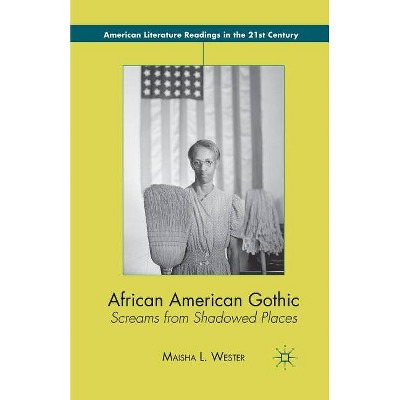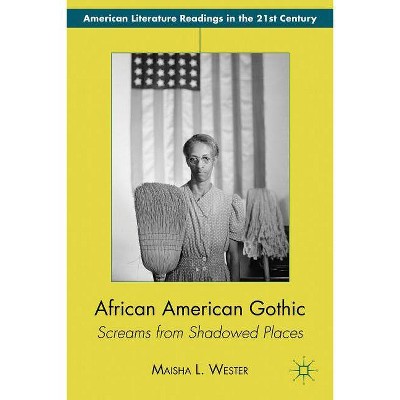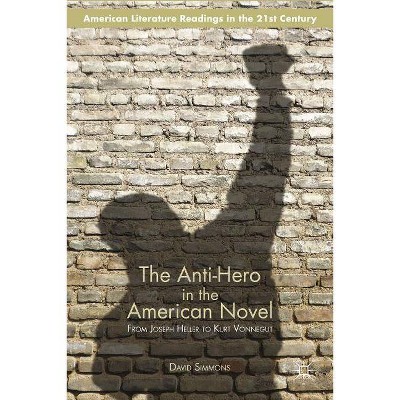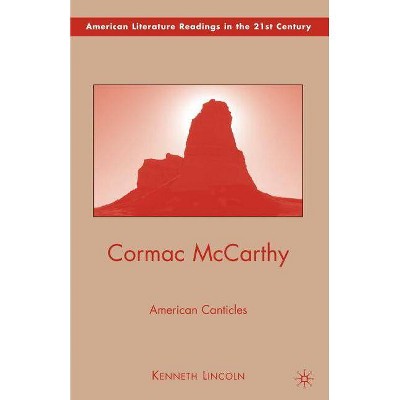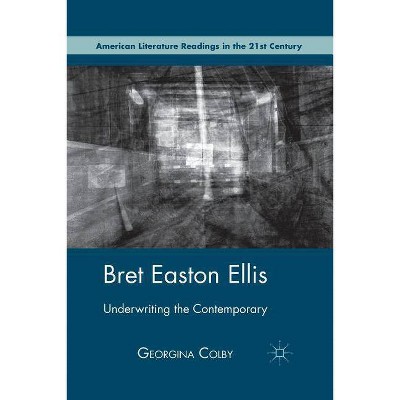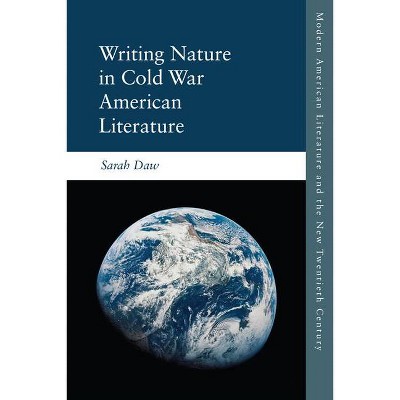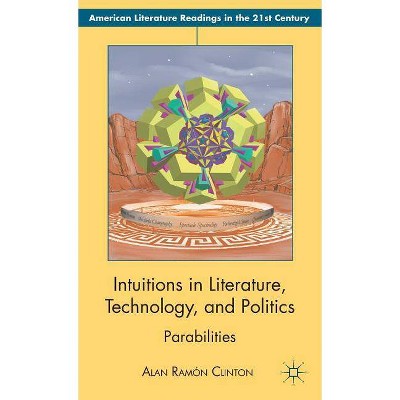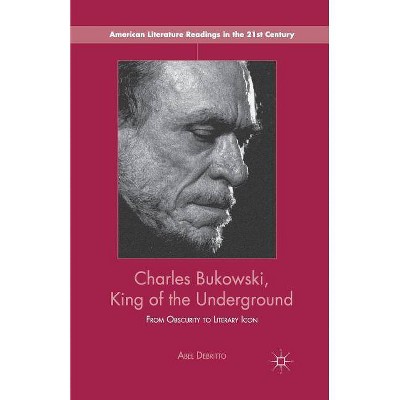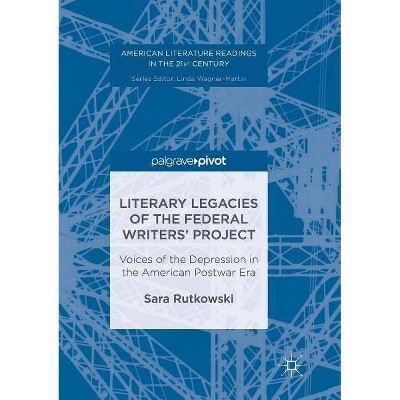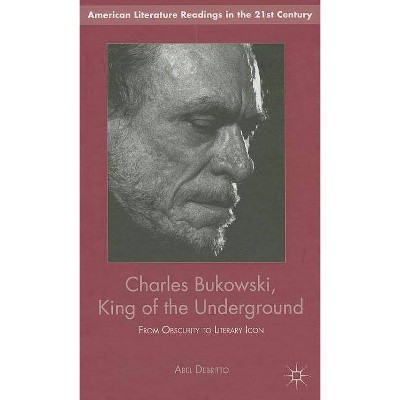Freak Shows and the Modern American Imagination - (American Literature Readings in the 21st Century) by T Fahy (Paperback)
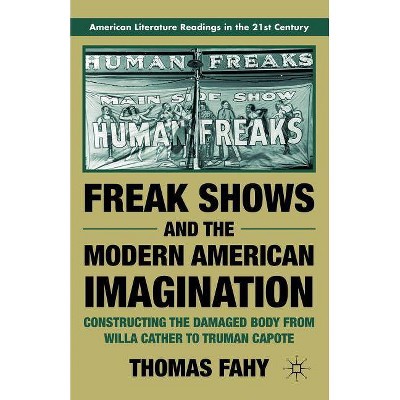
Similar Products
Products of same category from the store
AllProduct info
<p/><br></br><p><b> Book Synopsis </b></p></br></br>This book examines the artistic use of freak shows between 1900-1950. During this period, the freak show shifted from a highly popular and profitable form of entertainment to a reviled one. But why? And how does this response reflect larger social changes in the United States at the time? Fahy examines this change and how artists responded.<p/><br></br><p><b> Review Quotes </b></p></br></br><br><p>"This eloquent and accessible book enhances our understanding of how and why our cultural imagination has given us the figure of 'the freak.' Fahy mines culture and literature with skill, excavating the often unnoticed and frequently misunderstood freaks for us to ponder. With great insight, he reveals the cultural work we ask these fellow humans to do on behalf of those of us who can somehow escape such a category." - Rosemarie Garland-Thomson, Emory University</p> <p>"This is a compelling and engaging book that makes a significant contribution to the field of literary studies. Fahy argues convincingly that the freak show imprinted itself on the artistic imagination of early twentieth-century American writers. Some of the most important figures in American literature (William Faulkner, Willa Cather, Ernest Hemingway, F. Scott Fitzgerald, Carson McCullers, John Steinbeck, and Truman Capote) used either freak shows or images of the freakish body (drawing on the conventions of this entertainment) to address issues of difference in American culture. For Fahy, the freak show in American literature functions as a metaphor for problematic constructions of race, gender, sexuality, and disability in modern society. By focusing his study on the last forty years of the freak-show's mainstream popularity (1900-1940), he maps out a trajectory of troubling social attitudes during one of the most important periods in American literary history-modernism." - Kristin Ringleberg, Elon University</p><br><p/><br></br><p><b> About the Author </b></p></br></br>THOMAS FAHY Professor of English and Director of the American Studies Program at Long Island University, USA, C.W. Post Campus. He is the author of <i>Staging Modern American Life </i>(Palgrave), as well as three novels. He is also the editor of several collections, including <i>The Philosophy of Horror</i>; <i>Considering Aaron Sorkin</i>; <i>Considering David Chase</i>; and <i>Peering Behind the Curtain: Disability, Illness, and the Extraordinary Body in Contemporary Theatre</i>. <br><i></i>
Price History
Price Archive shows prices from various stores, lets you see history and find the cheapest. There is no actual sale on the website. For all support, inquiry and suggestion messages communication@pricearchive.us
